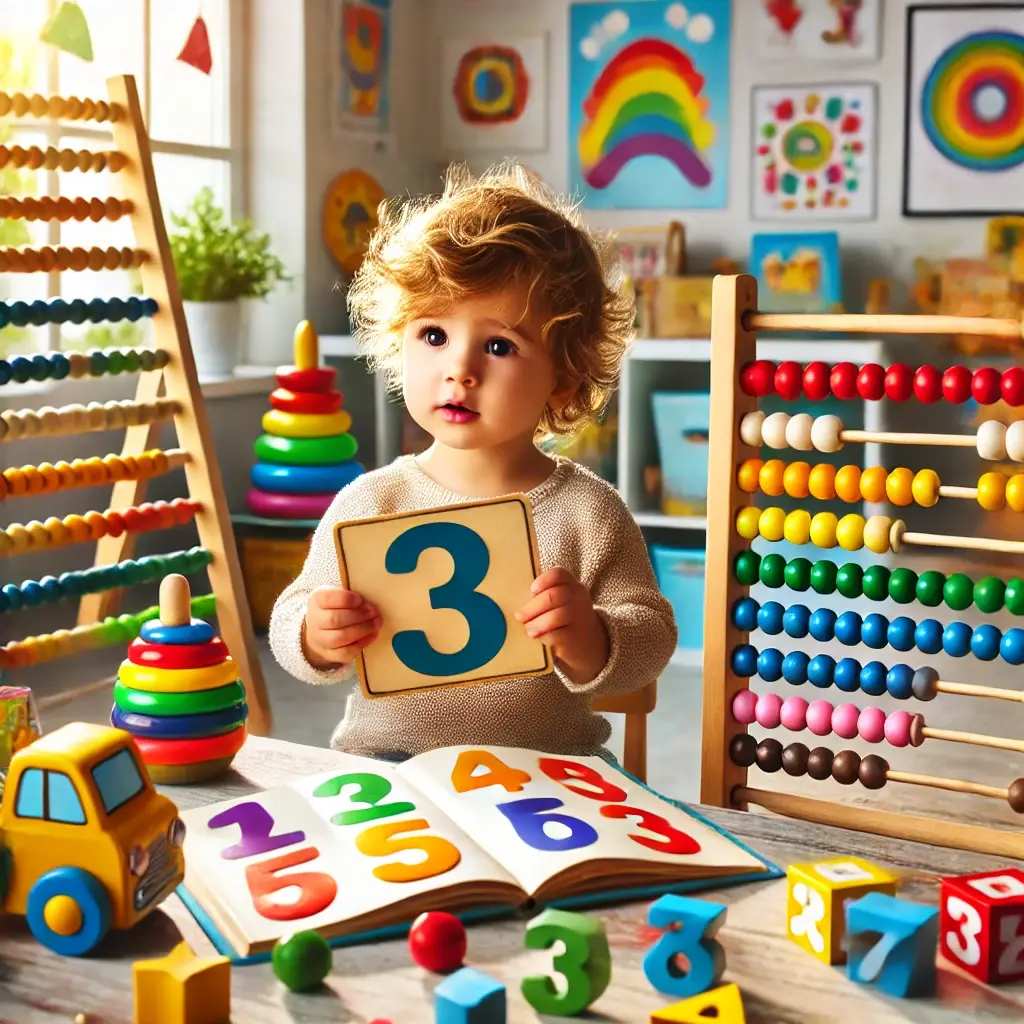
“We are not human beings having a spiritual experience. We are spiritual beings having a human experience.” -French philosopher Pierre Teilhard de Chardin
Most adults have heard of the phrase positive affirmations. You may be an individual who regularly practices them, reciting them in your mind throughout the day or even out loud. But the truth is, whether we realize it or not, we are constantly affirming something. According to the National Science Foundation, of the 12k-60k thoughts we have each day, over 95% of them are the same ones we had yesterday. This holds true for thoughts regarding our self-concept, the relationships in our lives, our kids, hobbies, and work. And if you’re not a positive thinker, this could have damaging immediate and long-term effects.
The word affirmation means the declaration of something true. And when we repeat thoughts, phrases, or ideas to ourselves on a regular basis, our subconscious mind assumes the idea to be true. The purpose behind reciting positive affirmations is to challenge negative or unhelpful thoughts.
Many people use affirmations as a form of meditation or subconscious suggestion in an effort to reprogram their mind for the better. It includes the repetition of words that we want to believe. They can be used as motivation or to build self-esteem.
Why Your Child Should Start Reciting Affirmations
As we grow, we learn more about our strengths and weaknesses and the things that make us the happiest. As we age, we begin to recognize insecurities we feel about ourselves. They could be physical and make us feel judged by those around us. They could be mental and cause us to think we are unintelligent or incapable of doing hard things. They could be spiritual, caused by a series of events that lead us to believe we are a bad person and undeserving of love.
We all have learned behaviors from childhood and early adulthood. Some habits are good, and some traits are toxic, yet unwavering. No one is perfect. But the language we were exposed to while growing up is typically the dialogue we hear in our own heads each and every day as an adult.
You can break the cycle in your child. You can change the conversation they hear in their head simply by changing your language and guiding them to alter theirs.
Does it Help?
Positive affirmations in kids support their mental and emotional well-being. They grant children confidence and help them push past their limits of what they think they are capable of (when in reality, it is more!) Since kids idolize their parents, every word that is spoken to them is powerful, and taken as truth without question. If a parent tells their child that they are stupid, they will believe it, and quickly identify with thinking they are stupid in every way. This will then become a very difficult belief to unlearn and it will become ingrained in their identity and subconscious mind.
Repeated positive affirmations help children adopt a constructive attitude and inner dialogue. If you repeatedly remind them that they can do anything, are a wonderful person, and very well-liked, they will believe it. They will also act in a way that aligns with how they see themselves. And the more your child is told something, good or bad, the more likely it is to become a hardwired belief.
Scientific Proof that Affirmations Work
Affirmations may be a trending, New Age type of mindset, but they are scientifically proven to be effective. They contribute to growth and help your child develop their self-concept or sense of self.
One psychological theory called the self-affirmation theory was coined by Claude Steele in 1988. This theory claims that people adapt to experiences that threaten how they view themselves.
Negative beliefs have been proven to affect kids’ test scores for the worse in a controlled study. This focuses on a theory called learned helplessness. Learned helplessness is when someone experiences something and then they believe that the same event will always turn out the same, without questioning it.
This technique can be understood by explaining it in elephants. When elephants are trained for circus acts as babies, they are tied to a strong rope that keeps them in place. They cannot escape the rope and know that they must stand in the same area they are placed in. As they grow into massive adult animals, they still believe this small string will hold them. In reality, they can easily break free, but they have learned they are helpless. While many consider circus elephants to be severely abused, learned helplessness is greatly showcased in these animals when they perform.
Now you can consider how after your child fails an exam, they will believe they are always going to fail every exam moving forward, forever. This is an example of learned helplessness. Though, with affirmations on a daily basis, you can help train your child into realizing that one or two failures doesn’t mean they are destined to be a failure. It greatly helps their self-esteem which in most cases is directly linked to their test performance and effort in school.
How to Practice Affirmations
Affirmations can be written down, said out loud, visualized, and more. One effective method is to have your child record their own voice speaking positive affirmations. They can listen to the recording before they go to sleep at night and upon waking in the morning.
Your child can read off a piece of paper each day and rewrite the affirmations a couple of times. They can stand in front of the mirror and recite them while they look at themselves. At first, they may feel silly doing this, especially if they are older. In time though, they will realize how good it makes them feel and perhaps even look forward to it.
Affirmations are most effective when they are vague. This is because the subconscious mind has an easier time adopting more general beliefs. Here are some you can try with your child.
- “I love myself.”
- “It will be alright.”
- “I can do anything I set my mind to.”
- “I am intelligent.”
- “I can do hard things.”
Affirmations should be written in the present tense and should be kept short and sweet. Your child should decide what affirmations they wish to say.
Here are some guided affirmation videos that may help your child adjust to practicing positive affirmations every day.
33 Positive Affirmations for Kids’ Self Esteem- great for dance parties during brain breaks
Positive Affirmations for Kids- ideal for meditation/before bed
Positive Affirmations for Kids Jason Stephenson- ideal for morning/mid day break
Practicing affirmations might be scary at first. It’s okay if it feels strange or forced for you or your child. It’s also okay if your child doesn’t truly feel the affirmations they are saying at first. It’s important to realize that our quality of life is truly based on how we feel on a moment-to-moment basis. When we feel good physically and mentally, there isn’t much to complain about, and life is easier and fun.
When someone has the ability to maintain a positive outlook on life, their mental health will remain good. Everything is about perspective, and our mindset can be shifted greatly by reciting more positive thoughts that we typically are accustomed to.
Try incorporating affirmations into your daily life, and your child will pick up on the lifestyle habit even faster. Give it a chance. Anything can happen!
Are you and/or your child struggling with online learning? Don’t worry, we have you covered. With hundreds of five star reviews, we consider ourselves a master at our craft of childhood education in reading, writing, math, and coding. Sign up for a free class and assessment with one of our incredible Genie Academy teachers today. We can’t wait to meet you.
-The Genie Academy team
Sourceshttps://www.thechaosandtheclutter.com/archives/kids-need-positive-affirmations#:~:text=Kids%20Need%20Positive%20Affirmations%20to,than%20just%20a%20trendy%20idea.
https://medium.com/the-post-grad-survival-guide/the-scientific-reason-affirmations-work-97b05a0084a6
https://positivepsychology.com/daily-affirmations/





